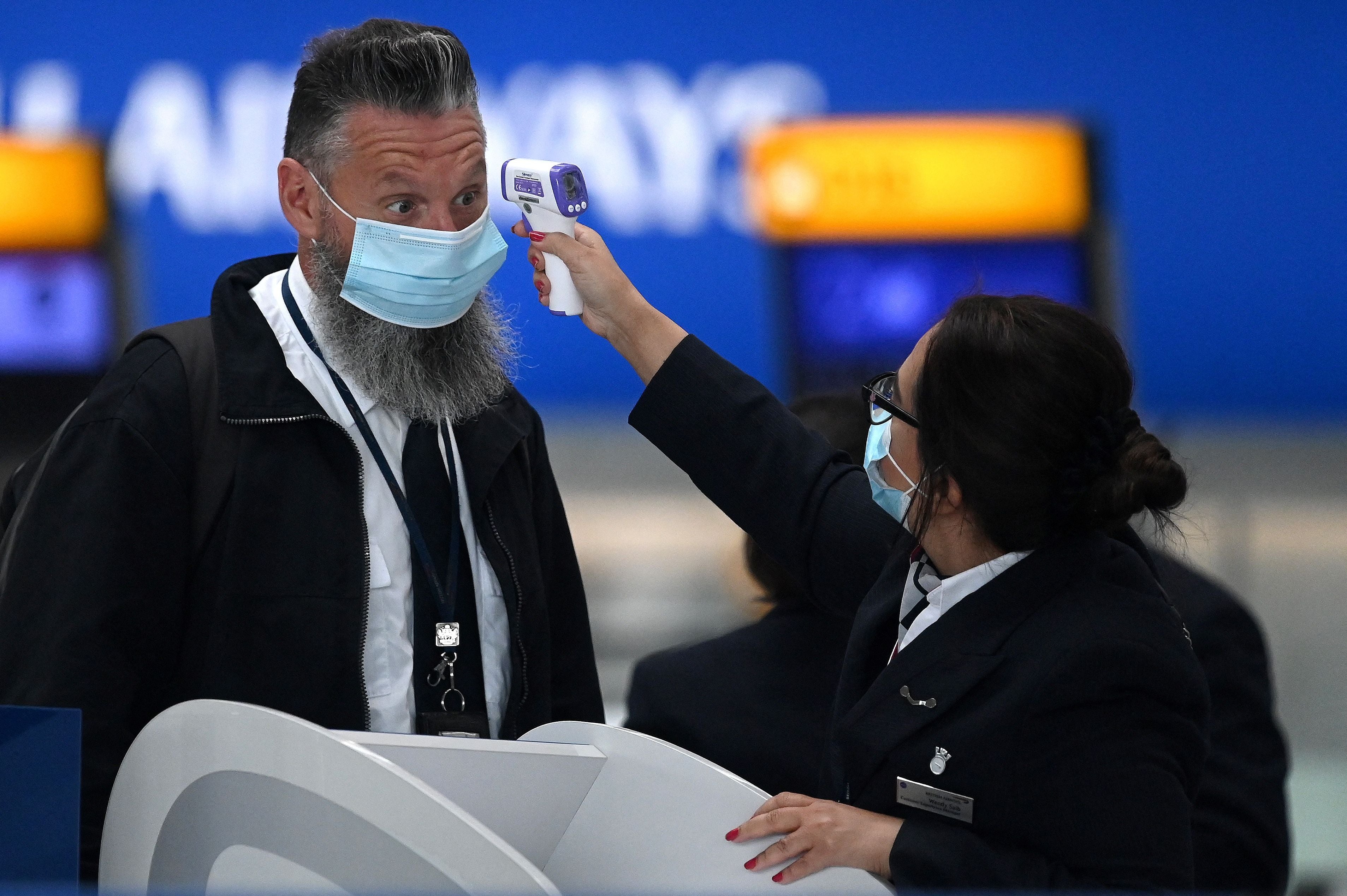Top five Covid symptoms after vaccination and the signs you might have it
Covid booster jabs still strongly advised for those eligible, say experts, as flu season arrives
Covid-19 cases in the UK are currently at a relatively low level as flu cases surge but experts continue to preach caution against complacency towards the disease as the weather slowly but surely turns colder.
Older people in particular are under threat of reinfection, increasing calls from public health experts for booster jab takeups as winter approaches and the number of new immuno-evasive subvariants increase.
“I think we should take this as a warning that infection numbers are likely to start increasing soon, where they haven’t already done so,” said Dr Simon Clarke of the University of Reading.
“Exactly what impact that’ll have on hospitals we can’t be certain of, because we don’t yet have a great feel for what society’s level of protection against severe disease will be.
“This could be made worse of course by coupling it with seasonal flu, which is something we’ve not yet experienced properly.”
There are also concerns that a devastating flu season could conspire with rising coronavirus case numbers to create a dangerous “twindemic”.
According to the latest findings by the Covid ZOE app, which surveys common symptoms among UK coronavirus sufferers, there are five signs of infection most common in fully-vaccinated people, an overview of which follows.
Most common symptoms for the fully vaccinated
According to the platform’s latest findings, similar Covid symptoms have been reported of late by people who have and have not been vaccinated against the virus, but fewer symptoms were reported over a shorter period of time by those who had recently had a jab, suggesting they are falling less seriously ill and recovering faster.
The most common symptom after two vaccinations proved to be a runny nose.
This is a symptom often overlooked and dimissed as nothing more than the sign of the common cold but, according to the ZOE app, it is best to get tested if this common side effect occurs.
Next on the list of the most common symptoms among vaccinated Covid sufferers is headaches.
This is followed by sneezing, sore throats and, lastly, a persistent cough, which was previously considered a leading symptom when the pandemic began in 2020.

The other “traditional” symptoms, as still outlined on the UK government’s website, such as anosmia (loss of smell), shortness of breath and fever, now rank way down ZOE’s list of the most commonly reported, the app said.
A persistent cough now ranks at number five among people with two vaccine doses, for instance, so is no longer the top indicator of having Covid.
People who had been vaccinated and subsequently test positive for Covid were more likely to report sneezing as a symptom, compared with those without a jab.
Professor Azeem Majeed, head of Public Health at Imperial College London, said vaccination will be “essential” to get through the winter period.
“There is a concern around ‘twindemic’, the last two winters we've seen high rates of Covid due to Omicron so it’s likely we'll see the same from Covid again,” Professor Majeed told The Independent.
“At the same time flu rates have been quite low for the last few years because of all the measures brought in like face masks [and] home working, so we were quite fortunate but this winter we'll have normal social activities, people will be mixing much more so there's a chance they'll be high rates of flu.”
Professor Majeed urged people to get tested if they experience any Covid symptoms but conceded that the government has made this more difficult since it stopped providing free test kits.
He warned that increasing public health warnings during the autumn and winter seasons could help avoid the soaring case numbers that would lead to another Covid wave.
Dr Jamie Lopez Bernal, consultant epidemiologist for immunisation and countermeasures at the UK Health Security Agency, said: “With respiratory viruses increasing in circulation in the winter months, we can expect to see growing cases of Covid-19 in the coming weeks.
“We urge all who are contacted to come forward and accept their booster when called for their jab. The NHS booking system is now open for immunosuppressed people and those aged over 75.
“We also encourage everyone to keep helping to reduce the spread of the virus – meeting in well-ventilated spaces, washing hands regularly and staying away from others where possible if you have symptoms of a respiratory illness.”
Join our commenting forum
Join thought-provoking conversations, follow other Independent readers and see their replies
Comments


Bookmark popover
Removed from bookmarks